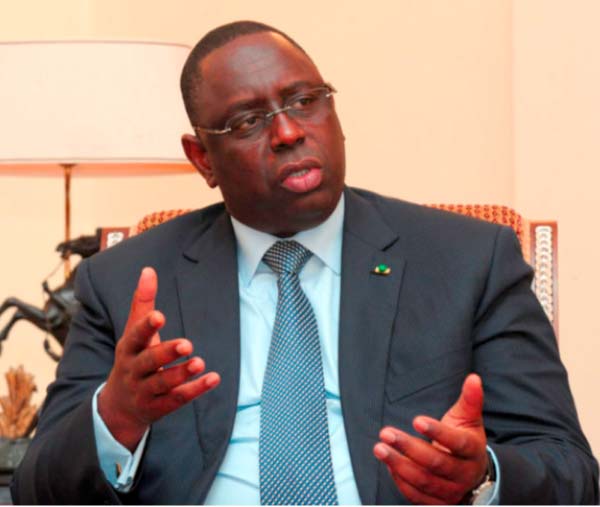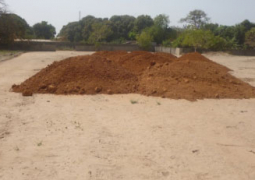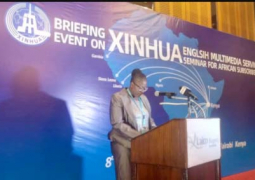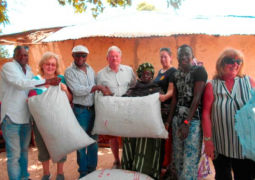
Speaking to the newly-accredited reporters at the Presidential Palace from virtually all the media in Senegal, both public and private, President Sall, although he did not specify the amount of the proposed increase, said: “It will, in addition to increasing resources in the context of assistance to the local media, we will also increase our assistance to the online press.”
Currently, the media in Senegal receives annually D42 million. President Sall did not indicate how much the increment in subvention is going to be, but said all government and presidential press releases, speeches and statements should be given to all media houses - both the public and private media - in the country.
All media houses are also requested to assign one reporter to the State House to cover the functions of the President.
Senegal, like many functioning democracies, gives an annual subvention to the private media to ensure that they get the capacity to carry out their functions of informing the public.
In addressing the journalists, President Sall went on to recognize and commend the role being played by the online press in Senegal, which he said contributes a lot to promoting the development of the nation’s digital hub.
“We are undergoing mutations and the future is digital. This is an irreversible trend,” he said, describing the online media as partners who are playing an important role in informing the public.
He went on to emphasize the readiness of the government to collaborate with the media at all levels.
“We are at the service of the people, and we need to ensure that our message reaches the people that we serve. We also need to enlighten public opinion on issues facing our country. So we must have a positive view of our collaboration,” he told the journalists.
Therefore, President Sall said the relationship between the state and the media should not necessarily be antagonistic.
“Everyone has to embrace positive change within our different specificities. While the media should guard and maintain its independence, but it must also, in certain aspects, work and collaborate with the government,” giving as examples in the areas of security and the fight against radicalism.
He said his government will ensure that all media houses are given access to official information, including press releases, as well as unrestricted access to government ministries and other public institutions.
He assured the journalists that all essential information would be available to them, but emphasizing, however, that not everything can be given away on the management of state affairs.
President Sall, however, complained about the depicting of Senegal by certain foreign media as a country under imminent threat of a terrorist attack, giving the impression that Senegal is more exposed to the threats of terrorism than the other countries in the sub-region.
“We are not more exposed than other countries,” he argued.
While he said terrorism is a global menace, he said it is wrong for those international media to depict Senegal as being under imminent threat, when it is not.
“All countries are threatened,” he said, adding that it is unacceptable for anyone to try to convince public opinion that Senegal is the subject of “an imminent threat”.



